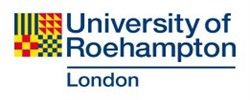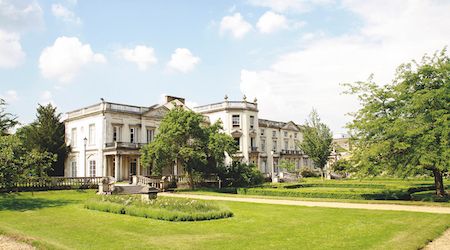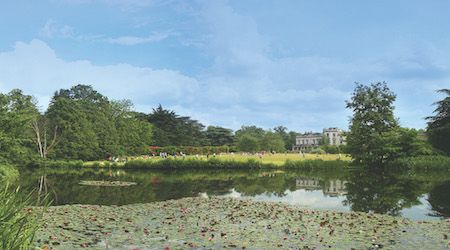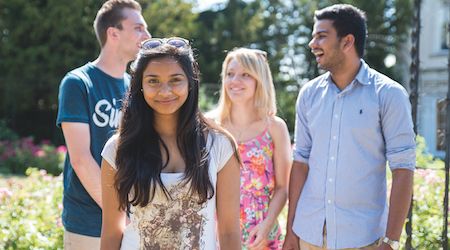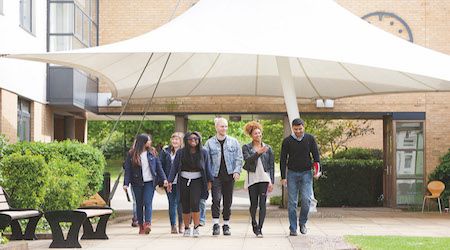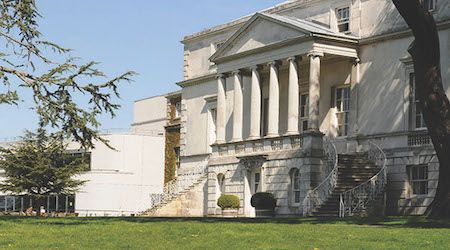Childhood and society Year 1: The 1st year provides the student with a basic introduction to some of the main contributions to childhood and society; courses may include: children in contemporary British society; childhood and literature; introduction to child development; history of childhood; social science research methods Year 2: the 2nd year builds on the multidisciplinary approach established in the foundation year; by taking advantage of the flexibility of the modular system, the student is able to focus their studies according to their own interests; some students may want to use the programme as a preparation for further professional training, whereas others may wish to pursue a more academic line of inquiry. Yea 3: in the 3rd year there are a wide variety of optional modules available allowing the student to pursue particular perspectives including: psychoanalysis, social policy and sociology. Education Year 1: The student studies a number of compulsory courses introducing them to the main ideas in education; studying the history of the education system helps the student see why it is structured as it is, and a study of the philosophy of the system provokes them into questioning their educational values; the student tackles child and adolescent psychological development and investigates sociological influences such as race, gender and class; the student may also able to choose from a range of optional courses according to their particular interests. Year 2: in the 2nd year the student takes a compulsory course exploring controversial contemporary issues in education; the student may be able specialise by studying a particular age range if they wish, or they can focus on an area such as technology, values in education, or the spiritual and emotional aspects of learning and schooling; there is also an exciting opportunity to undertake an education placement providing opportunities to work with children on an informal basis; the student benefits from optional modules that cover a wide range of topics which may include: comparative studies (education in other countries); gender and race; education in museums; careers education and special educational needs; the student can study from a range of supported learning, building experience and confidence in various fields of employment; examples include: work with youth clubs; nurseries; behaviour units and youth offending teams; some other external certification and training with organisations such as the National Society for the Prevention of Cruelty to Children/National Pyramid Trust and the Communities Empowerment Network. Year 3: in the 3rd year the student can choose to undertake a special study in an area of personal interest with the support of a tutor.
| Форма обучен. |
Начало |
Продолж. |
| Форма обучен.Вечернее |
Начало сентябрь |
Продолж.Кол-во лет: 4 - 7 |
| Форма обучен.Дневное |
Начало сентябрь |
Продолж.Кол-во лет: 4 |
| Форма обучен.Дневное |
Начало сентябрь |
Продолж.Кол-во лет: 3 |
This is a combined Honours course which allows the student to study 2 subjects; the childhood and society course asks questions about what is happening to children: how society treats children, how they are governed and the moral and political values attached to childhood; the student also considers what children themselves feel and think, and how they imagine themselves as well as the world around them; the course involves not only an analysis of specific institutions, including schools, hospitals, clinics etc, but also an appreciation of the fact that children are not a submissive population and have a right to fashion their own lives; education is everyone’s entitlement; but what should be taught and how should people teach it? on the education course the student can explore the nature of this vital subject, while building a strong portfolio of personal, vocational and academic skills; following an introduction to the fundamental elements of the education system, the student has the opportunity to choose from a wide variety of optional modules ranging from gender and race to education in museums and special educational needs.


